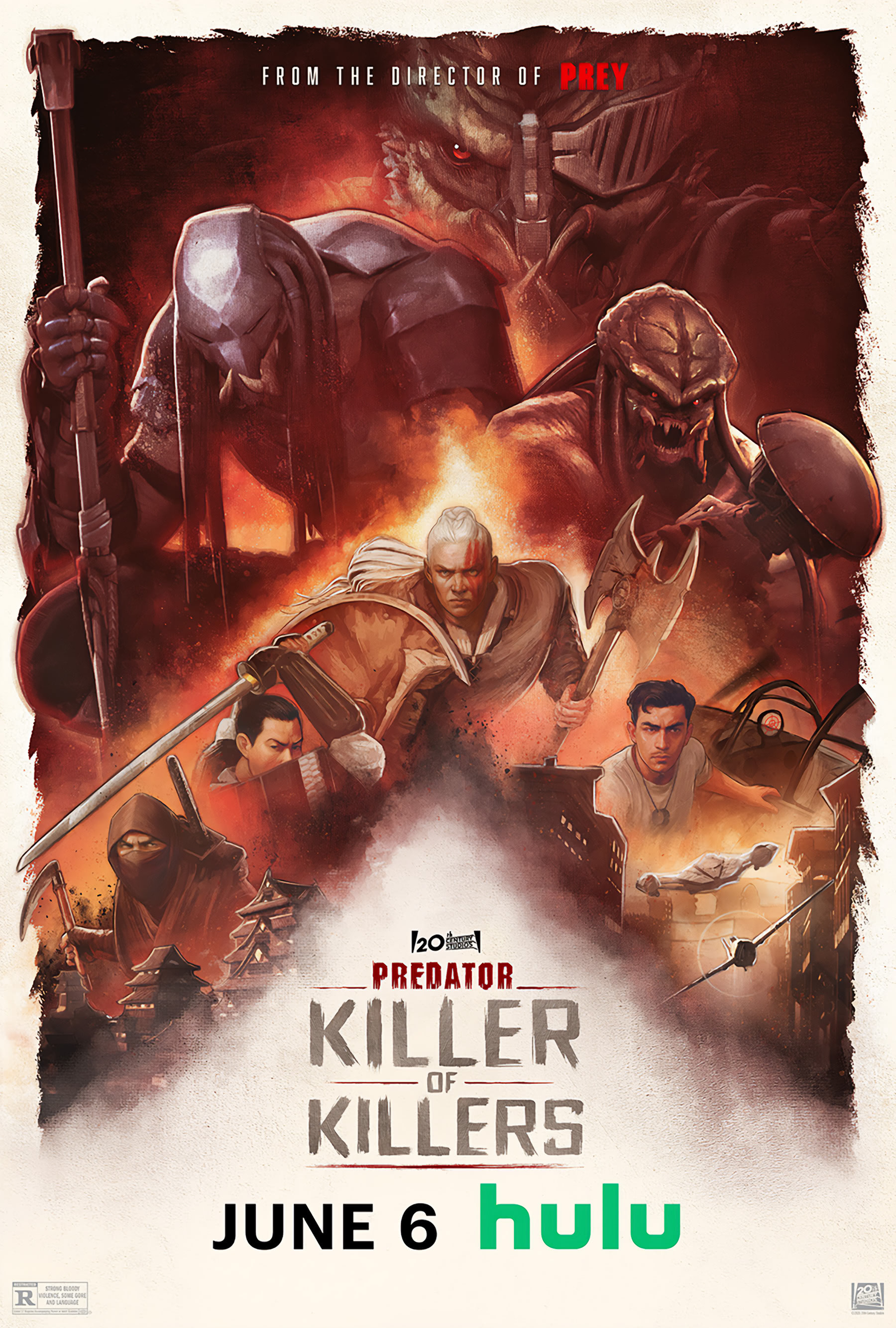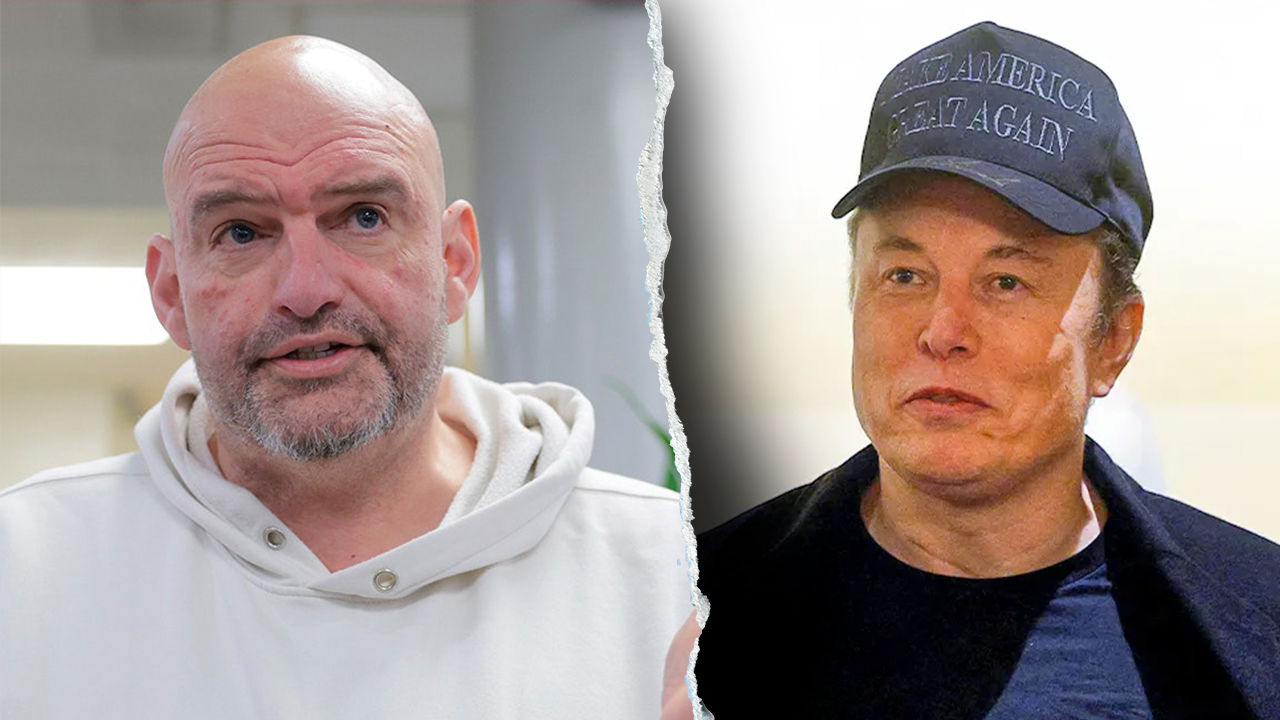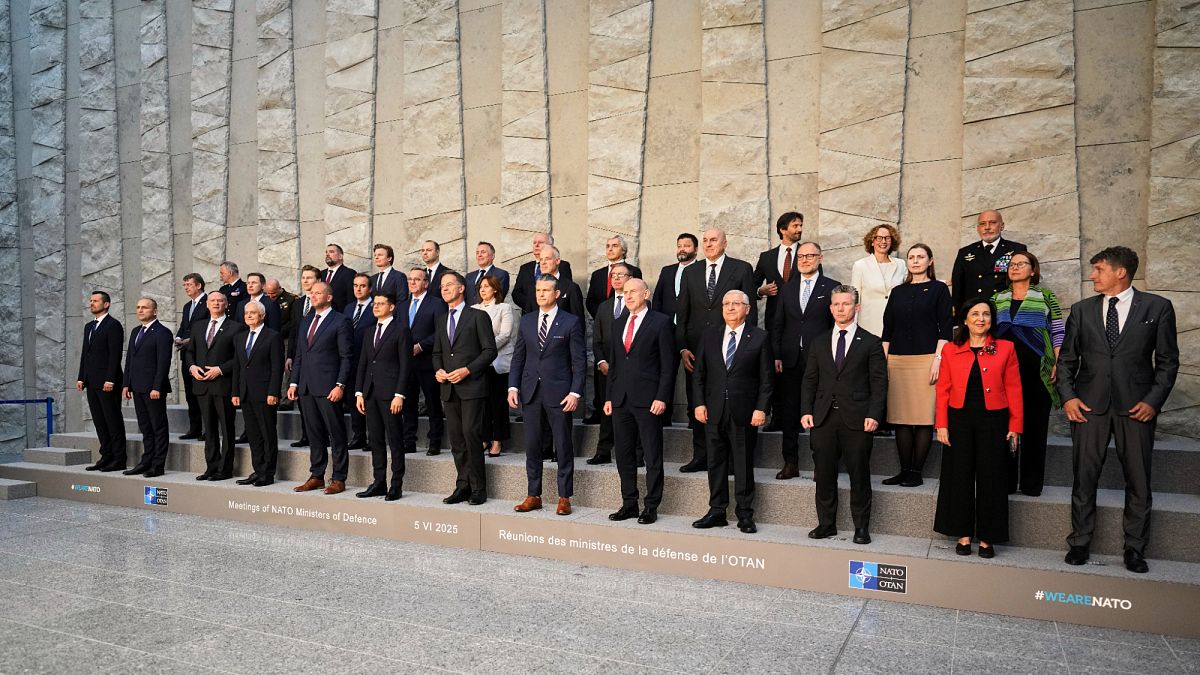Movie Reviews
Movie Review: Documentary ‘The Eternal Memory’ shows that love is stronger than dementia

“The Eternal Memory” begins with a confused Augusto Góngora waking up one morning as his wife of two decades gently greets him.
“Nice to meet you,” he tells her.
The loving, lyrical Maite Alberdi -directed documentary is the story of one man’s decline due to Alzheimer’s disease, but it’s so much more. It’s a stronger love story and one that tries to say things about a country’s collective memory, too.
Góngora, a journalist, author and TV host, documented the crimes in his native Chile by Gen. Augusto Pinochet’s dictatorship. He and his wife, actress and academic Paulina Urrutia, are the stars of “The Eternal Memory,” which documents his growing disorientation and unmooring.
It is a very intimate work, navigating the lost spaces in a ravaged mind, the camera going into their bedroom and even a shower stall. We watch Urrutia shave her husband, dry him with a towel like a child and read to him as they take a walk.
“I’m someone that has come here to help you remember who Augusto Góngora was,” she tells him.
Alberdi assembled some 40 hours of footage, augmented by 20 more that Urrutia captured when the couple was alone. The director also switches back in time to capture Góngora as a vibrant TV reporter and in home movies as a doting dad, his white hair turning black and a mustache suddenly sprouting on the younger man.
It is hard to watch the vibrant, articulate man in those old images struggling in his last years. He gets confused by his reflection in a glass door — “We know each other,” he tells his wife. Later, he sobs in frustration: “Something very strange is happening here. Help me, please.”
Throughout is Urrutia, the very definition of a loving spouse, patient and trying not to take it personally that her husband is drifting away and not always knowing who she is.
“My love, you’re never alone. Never. Never,” she tells him.
Urrutia brings her husband to rehearsals for her play — they hold hands while going over her lines — exercise together, watch an eclipse, spontaneously dance in a gym and rewatch their marriage video. She is always trying to pull out memories, sharpen his mind, sooth his outbursts.
The third prong of this film — following the dementia and the love story — is the memory of Chile. This is perhaps the weakest link in Alberdi’s movie, but the one most intriguing. The director tries to connect Góngora’s evaporating memory to that of his nation’s collective forgetting of its 1970s Pinochet trauma. It’s a large leap and not always neatly done, but an admirable attempt.
What is more devastating is Góngora’s own warning about memory loss. In a handwritten inscription to his wife in one of his books he writes: “Without memory, we wander confused, not knowing where to go.”
The couple share tears and laughter as he tries to remember what they ate on their first date and if he had any children already. “Since we met, you’ve given me so many wonderful things,” he tells her.
Later, he will cry over the thought of losing his treasured books. “What if somebody takes my books?” he cries out. “What is happening to me?”
The film won the Grand Jury Prize at the Sundance Film Festival this past January. Góngora died on May 19 at age 71. But he bravely left behind a moving document about how to live a meaningful life and how to fight for dignity even as the mind crumbles. And, most importantly, he taught us how to love and be loved.
___
“The Eternal Memory,” a MTV Documentary Films release that is in theater Friday, is not rated. Running time: 84 minutes in Spanish with English subtitles. Three stars out of four.
___
Mark Kennedy is at http://twitter.com/KennedyTwits

Movie Reviews
Predator: Killer of Killers

Movie Review
We have a talent for killing. Humans off everything from ants to elephants, and we’ve shown a special knack for killing each other. Want proof? Just thumb through a world history book, and you’ll find plenty.
But while anyone can kill, some seem like they’ve been born for it. Predator: Killer of Killers, introduces us to three of them.
Some call her the Valkyrie of the Northern Seas. But she began her life as Ursa, the daughter of a proud Norse chieftain who, when Ursa was just a girl, was killed before her eyes. The culprit: Zoran, chieftain of the Krivich. For the last few decades, Ursa has plotted bloody revenge, carving a gore-spattered swathe through Scandinavia along the way. But now, when Zoran is so close to her bloodstained fists, someone (or, rather, something) crashes the party.
In feudal Japan, two brothers once vied to be heir to their father’s armored crown. One refused to fight, but the other attacked: The more peaceful brother had to run away, ceding the crown to his sibling. But 20 years later, the father is dead and the exile returns, ready to make his brother pay. But—and you’ll notice a trend, here—something is watching, ready to make its own move.
Ensign Torres isn’t a killer. Not really. He’s a pilot—or, at least, he’d like to be. Torres is grounded at the moment, tasked with patching together a cantankerous bit of flying machinery before he’ll be allowed to take on the fighters from World War II’s Vichy France. But when he starts hearing radio chatter about “hooks in the sky,” and when he sees an otherworldly weapon that yanks hot engines straight out of the fuselage, Torres knows he must get airborne and warn the other American pilots—and fast.
All of these hunters—the headliners in three separate stories—quickly become the hunted. Prey for fearsome extraterrestrial predators, the Yautja. They’re bigger than humans are. Stronger. More technologically advanced. And, oh yeah, they can turn invisible, too. What hope do these poor earthlings have?
More than you might think.
Movie Reviews
Predator: Killer of Killers (2025) Movie Review | FlickDirect

For almost 40 years, fans of science fiction/action movies have gravitated towards the Predator franchise. Beginning in 1987, when the Jim and John Thomas (Behind Enemy Lines) penned film about an extra-terrestrial, humanoid hunter who stalked humans in the jungle first appeared in theaters, the masses have been drawn to it. The success of the original movie spawned comic books, novels, video games, and four additional films, with two more on the way this year. While the latter movie, entitled Predator: Badlands, will hit theaters in November, the first of the two films is an adult, animated, stand-alone piece coming to Hulu in the United States and internationally on Disney+ beginning on .
Predator: Killer of Killers is broken into three separate vignettes set in different locations and during different time frames. The first story deals with a female, Nordic Viking, and her army set out to find the man who murdered her father so she can get revenge. However, unbeknownst to them, a creature lurks in the shadows, watching and waiting. Once he pounces, her whole team, including her son, are dead, and she is enslaved.
Story number two involves two brothers somewhere in an ancient Asian country. As their father pits brother against brother, one lays down his sword while the other attacks, winning his father’s praise. The loser of the battle runs away from the kingdom, only to return 20 years later to confront his sibling. Little did they know they would need to team up to defeat the unknown entity trying to kill them.
Finally, the last vignette includes a young American man being drafted during World War II. His dream is to be a pilot, but he is relegated to mechanic. When he is handed a weapon from the alien being, he tries to figure out what it is, and when he does, he takes to the sky in an old fighter plane to warn the other pilots that what they are fighting against is not human. Ultimately, the three “survivors” end up on a different planet and are forced to fight each other, but when they team up, they end up fighting the predators instead.
Writer/director Dan Trachtenberg, who brought us 2022’s Prey, once again helms this feature film, and he does so beautifully. His take on the alien creatures gives audiences a unique story brought to life in a different way than any of the other Predator movies. He includes plenty of blood splatter and gore, but also presents the Predators as intelligent and scheming.
I will admit I’m not a huge fan of the “watercolor”-like technique used in the animation, as it blurs the lines, making the picture perhaps not as sharp and clean as it could be. While this tends to add a bit of softness to an otherwise cold and hard movie, it seems somewhat out of place with the harshness of the plot. It isn’t an anime style of animation, but it seems to be in the same family.
Predator: Killer of Killers remains solidly within the realm of the other Predator films, which makes it familiar without getting mundane. It skirts the edge of the forest while venturing down a less-traveled path, making it recognizable and different all at the same time. As an audience, we become invested in these characters, which makes the film enjoyable.
In the world of Predator, this movie stays true to the source material but gives us something we didn’t know we needed. It is a nice intermezzo between Prey and Predator: Badlands and whets our appetites for more.
Grade: A-
Movie Reviews
Thug Life Movie Review and Release Live Updates: Kamal Haasan-STR starrer nears release as buzz builds around high-octane first half – The Times of India

The Times Of India |
Jun 05, 2025 , 07:45:54 IST
-

 News1 week ago
News1 week agoVideo: Faizan Zaki Wins Spelling Bee
-

 Politics6 days ago
Politics6 days agoMichelle Obama facing backlash over claim about women's reproductive health
-

 News1 week ago
News1 week agoVideo: Harvard Commencement Speaker Congratulates and Thanks Graduates
-

 Politics1 week ago
Politics1 week agoMusk officially steps down from DOGE after wrapping work streamlining government
-

 News1 week ago
News1 week agoPresident Trump pardons rapper NBA YoungBoy in flurry of clemency actions
-

 Technology1 week ago
Technology1 week agoAI could consume more power than Bitcoin by the end of 2025
-

 Business1 week ago
Business1 week agoSix Flags to cut 135 jobs at Knott’s, Magic Mountain and other California parks
-

 Technology1 week ago
Technology1 week agoSEC drops Binance lawsuit in yet another gift to crypto


















